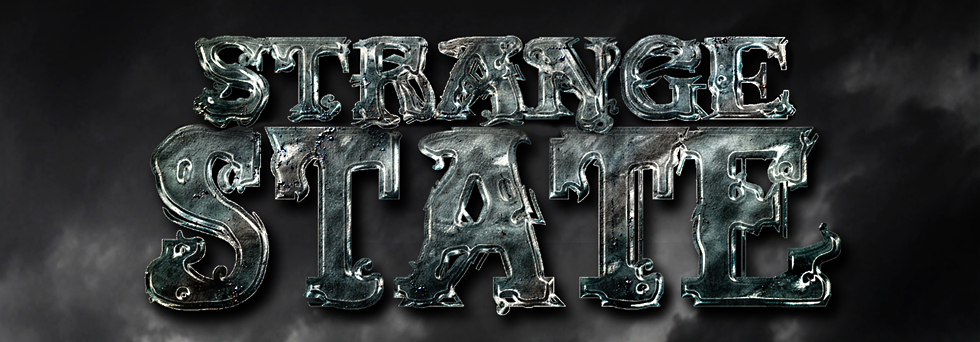 46 years ago this month, the man who pinned what has been dubbed 'The Suicide Song' committed suicide himself. . . .
46 years ago this month, the man who pinned what has been dubbed 'The Suicide Song' committed suicide himself. . . .According to one urban legend, many people have committed suicide while listening to the song "Gloomy Sunday", which was composed by Hungarian pianist Rezso Seress in 1933. Originally titled Vege a vilagnak (End of the World), the musical piece later received lyrics by Laszlo Javor and retitled "Szormoru vasarnap". Hal Kemp first recorded the piece with English lyrics by Sam Lewis in 1936 and became quite famous when Billie Holiday covered it in 1941. Lewis referred to suicide in his version.
The legend goes that so many suicides were connected to this song that radio stations would refuse to play it. While the BBC did ban Billie Holiday's version, this was mostly because it was a depressing tune seen as being harmful to the morale of a nation at war. The BBC ban wasn't lifted until 2002.
When the song was released in the 1930s, the Great Depression was in full swing, so a higher than normal suicide rate seemed to be at work. However, most discount any correlation between these deaths and the song itself, owing such tragedies instead to the dire economic circumstances.
Fueling the rumor mill, the song's composer, Reszo Seress, killed himself in January 1968.
You're reading The Suicide Song by Cullan Hudson, originally posted on strangestate.blogspot.com If you enjoyed this post, be sure to check out the blog.

1 comment:
I listen to that song by Billie Holliday quite often! not because it makes me feel gloomy! maybe a little melancholy, but because it's such a good piece of music, beautifully written and performed. I can understand how it would be a good backdrop to a suicide, but I don't think it has any magical power to make a person with non-suicidal tendencies suddenly want to commit suicide. I never knew this back story to the song, very interesting!
Di
Post a Comment